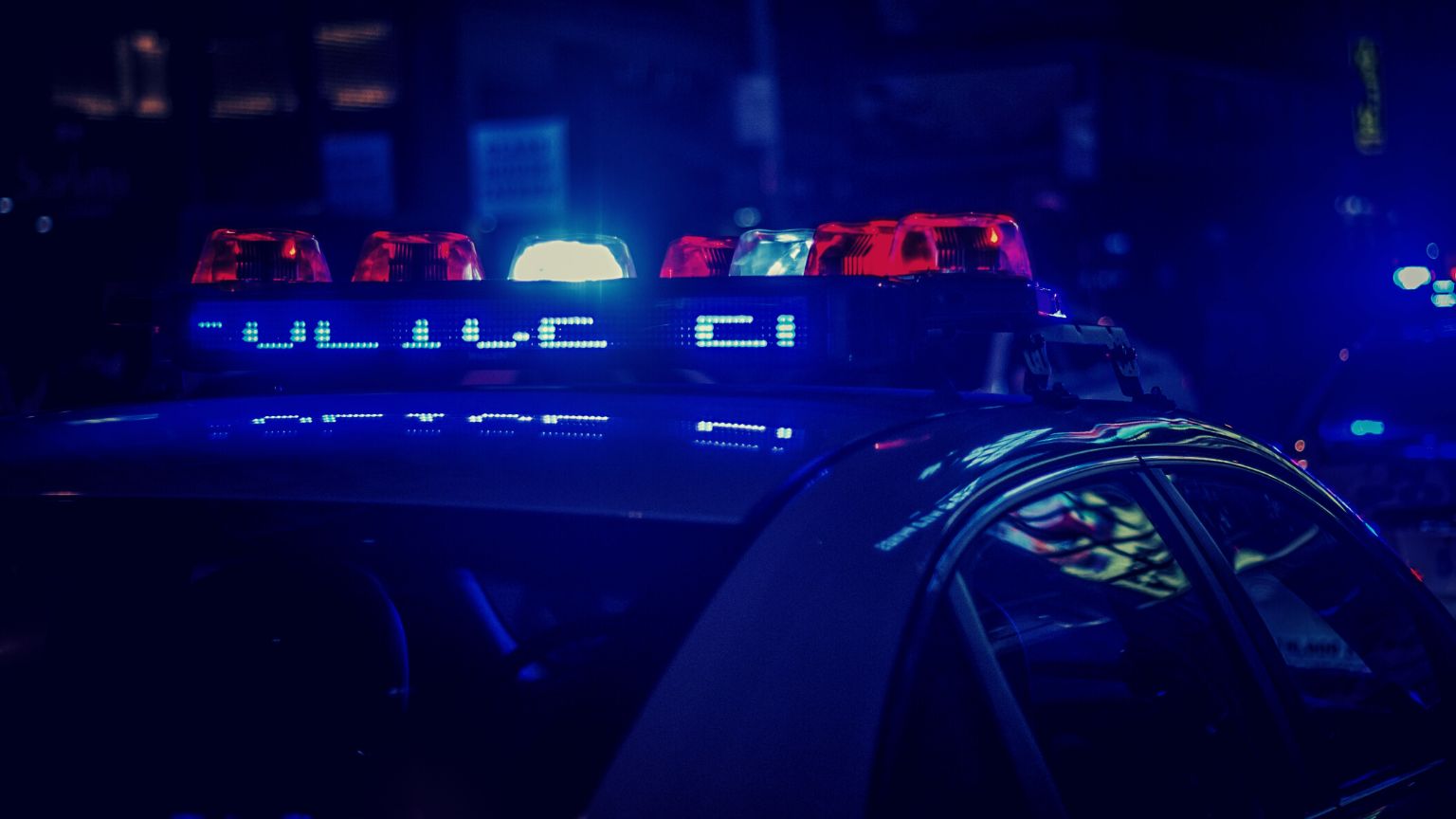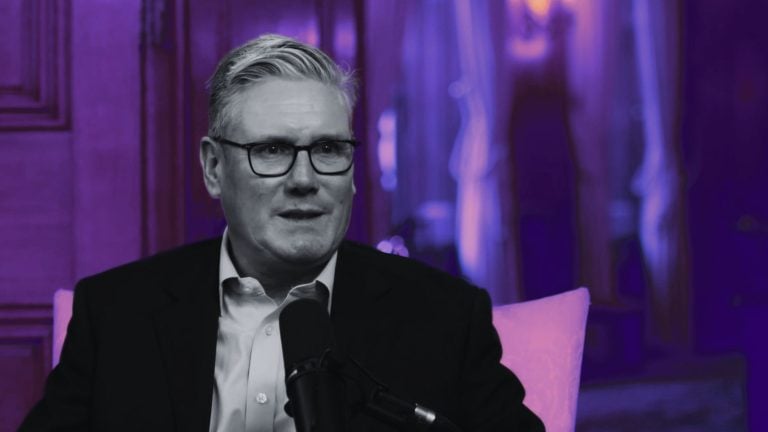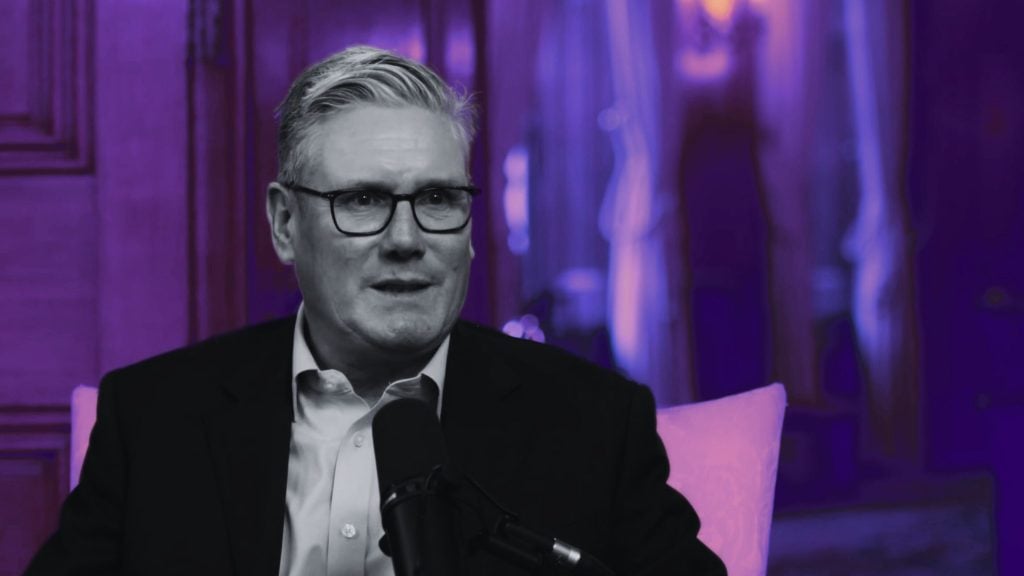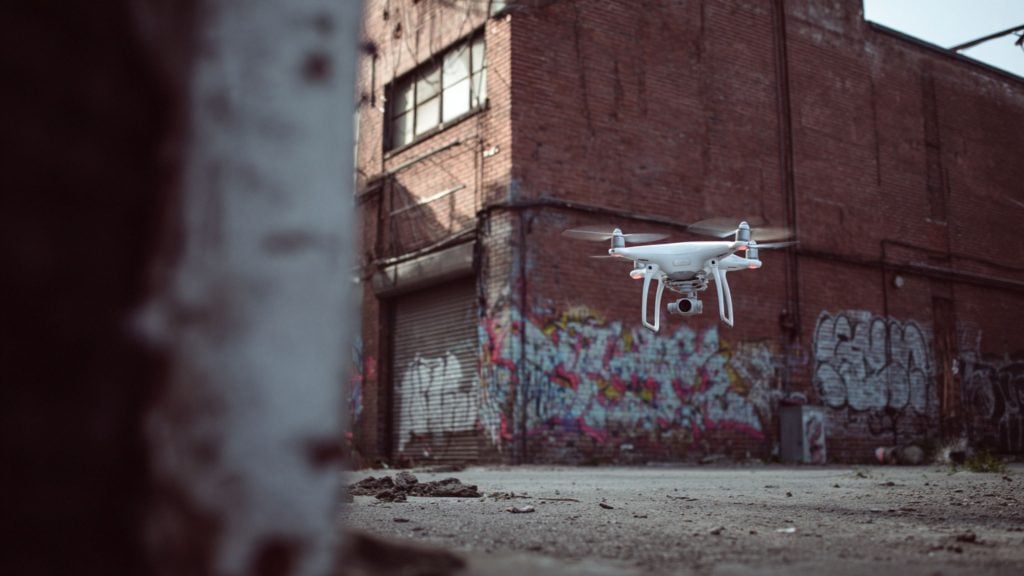The United States Court of Appeals for the Fourth Circuit decided earlier this week that banning live-streaming of some police activities is a violation of the First Amendment.
The ruling was announced in the ongoing Sharpe v Winterville Police Department case. Dijon Sharpe sued the local police in this North Carolina town on First Amendment and other grounds.
The incident that sparked the legal battle happened when Sharpe, after being pulled over by traffic police, started livestreaming the goings-on on Facebook.
An officer named in the complaint tried to stop this by taking away Sharpe’s phone through the car’s window. He and another officer also warned Sharpe that while he could record their activity, live-streaming it was not allowed, saying that it threatened their safety.
Sharpe was then threatened himself with having his phone seized or getting arrested if he tried the same thing in the future.
Read the background on this case here.
After this, Sharpe filed his lawsuit against one of the officers individually (that has now been dismissed), and against the two policemen in their official capacity – i.e., with the latter action he effectively sued the town, alleging that it has this policy in place, which runs contrary to the First Amendment.
And the Court of Appeals agreed, noting that if Winterville has such a policy, “it reaches protected speech” since it is not justified “by proving it is tailored to weighty enough interests.”
We obtained a copy of the ruling for you here.
The appeals judgment comes after the district court initially decided in favor of all the defendants, saying that the alleged policy did not violate the First Amendment.
The judge further wrote, noting that it isn’t clear whether or not the town is enacting these rules, and regardless of that, that both recording, and live streaming of police encounters creates information “that contributes to discussion about governmental affairs” – that is to say, when recording; while livestreaming is seen as a means to disseminate that information.
And both are examples of First Amendment-protected speech, said the court.
The ruling means that Sharpe can proceed with the lawsuit, but the next step is to prove that Winterville in fact has the policy he alleges. If it does, then it will be the town’s turn to prove that its rules do not violate the First Amendment.










